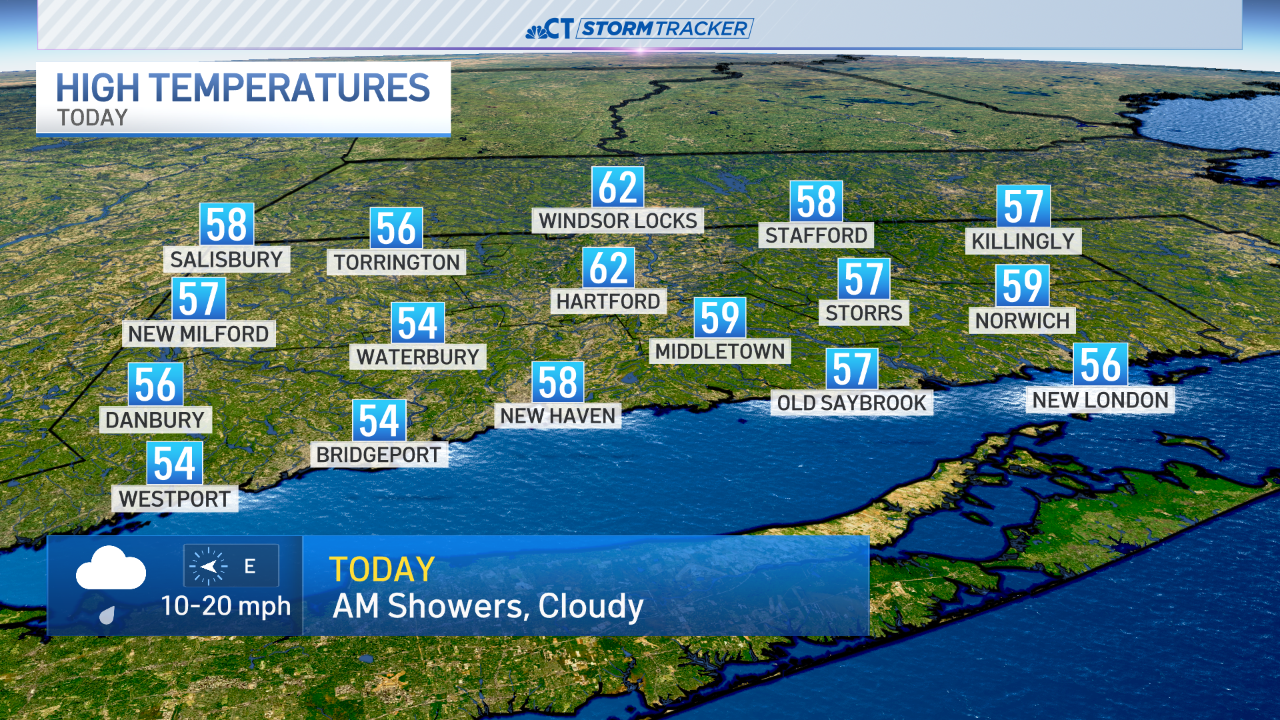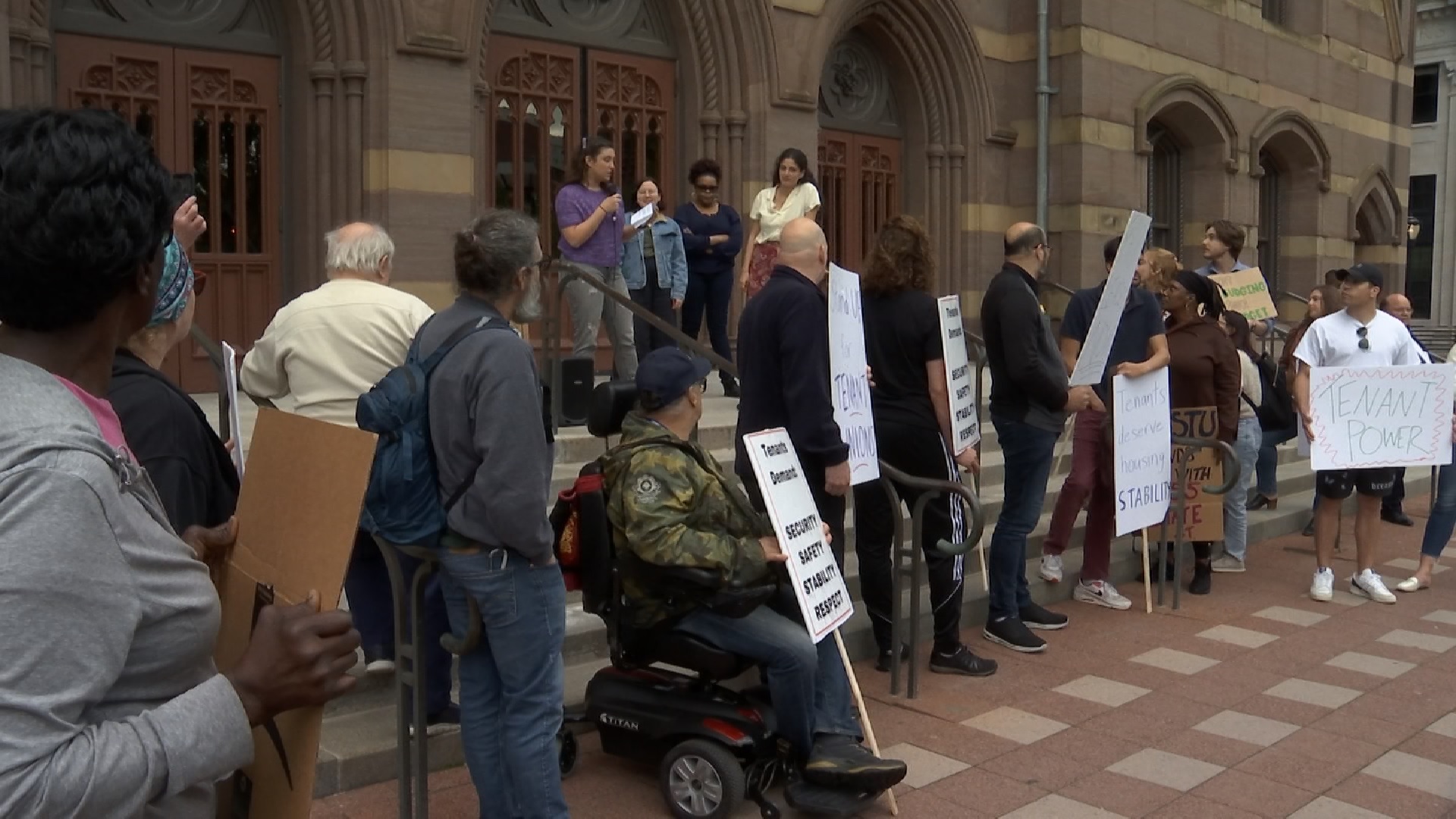The Connecticut Department of Public Health has confirmed a second case of measles in New Haven County and said both patients are adults.
Both people were hospitalized and released.
State officials have not identified any common links between the two patients, but said they were probably exposed in early January.
Measles is highly contagious and can spread quickly if you are not vaccinated.
Vaccination is required to attend schools and colleges in Connecticut, but medical and religious exemptions are available. Health officials said the measles vaccine is very effective and two doses, which is the standard recommendation, are about 97 percent effective.
In 2018, there were three confirmed cases of measles in Connecticut.
Symptoms of measles generally start showing a week to 21 days after exposure. Typical symptoms begin with mild to moderate fever, runny nose, red eyes and a sore throat. Three to five days after that, a red or reddish-brown rash appears, usually starting on the face and spreading down.
The rash typically lasts a few days. Someone with measles may be contagious up to four days before the rash appears and for four days after the rash appears.
If you think you might have measles, you should avoid public and contact your doctor before going into the office to avoid exposing others.
“It’s a respiratory virus that’s spread by droplets so when you cough or sneeze, when you actually touch droplets, you can contract the measles if you’re not vaccinated,” said Dr. Olive Mayorga, the Chief Medical Officer for Lawrence + Memorial Hospital in New London.
He agrees the best thing to do to prevent getting measles is to get vaccinated.
People who received two doses of MMR vaccine as children according to the U.S. vaccination schedule are considered protected for life, reports the Centers for Disease, Control and Prevention, adding that the MMR vaccination is “very safe and effective.”
“The hard part is if you have the measles, you’re actually contagious for a good week around the appearance of your rash,” Dr. Mayorga said.
Angel Kendrick, of Mystic, has given her two young boys measles vaccinations.
“I think it’s a little scary that it’s happening. I want the vaccine because I want them to be protected and I wish that all parents would take action and do that for their kids as well,” Kendrick said.
But mom Michaela Clement, of Groton, said she wants to see more testing on the MMR vaccine first —which protects against measles, mumps and rubella—before vaccinating her daughter.
“I’m not closed off to vaccinating but I think that we need to hold the vaccine manufacturers accountable for the ingredients they’re putting in, how close they want the shots together, and how many boosters they decided they want people to have without doing the proper safety testing,” Clement said, adding her two pediatricians have not recommended vaccinating.
When asked about it, Christopher Stan, a spokesperson for the Connecticut DPH responded in email, in part saying, “The United States has the safest, most effective vaccine supply in its history. The vaccine safety system ensures that vaccines are as safe as possible.”
For more information, visit the Centers for Disease Control and Prevention website.



